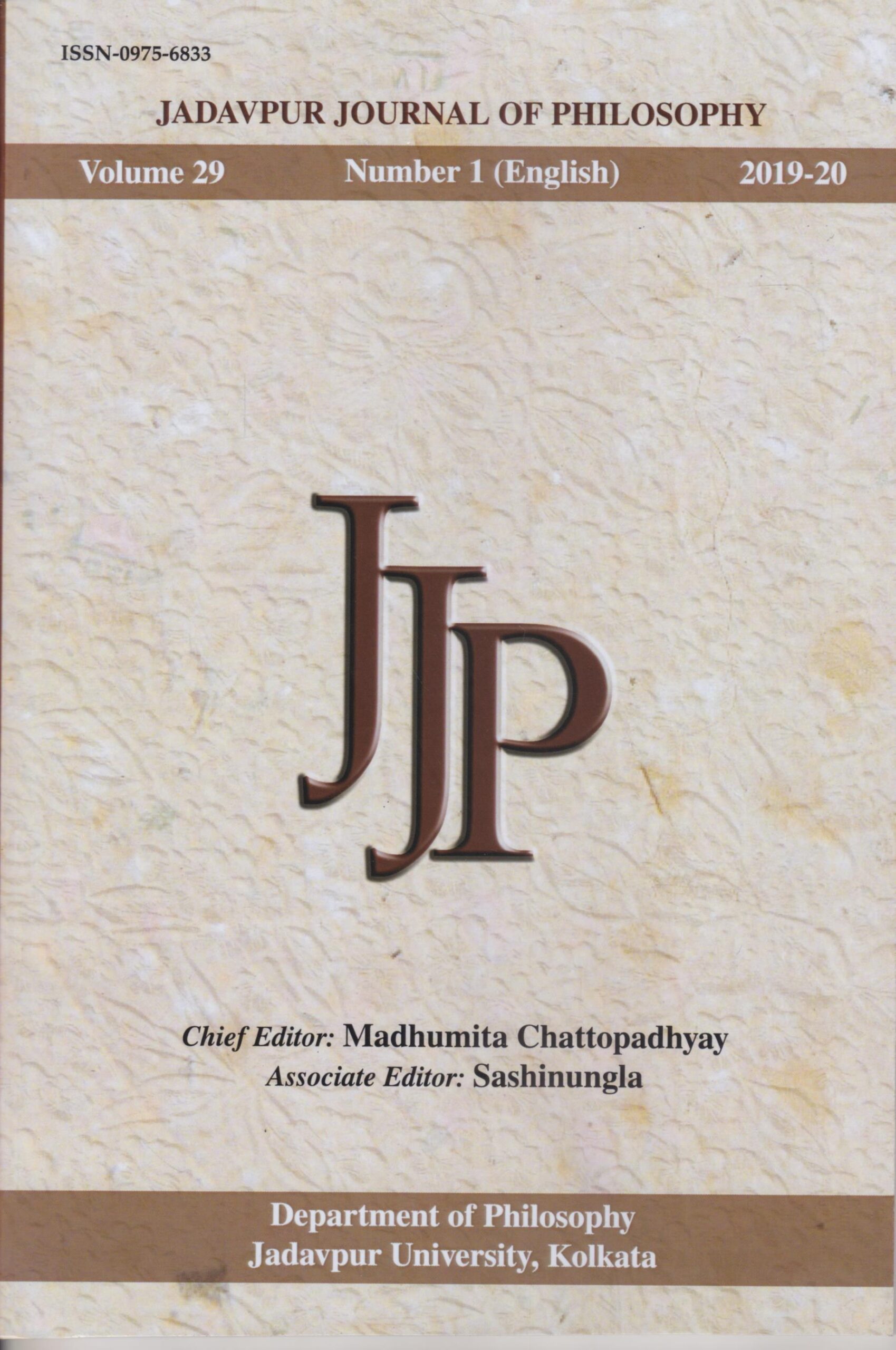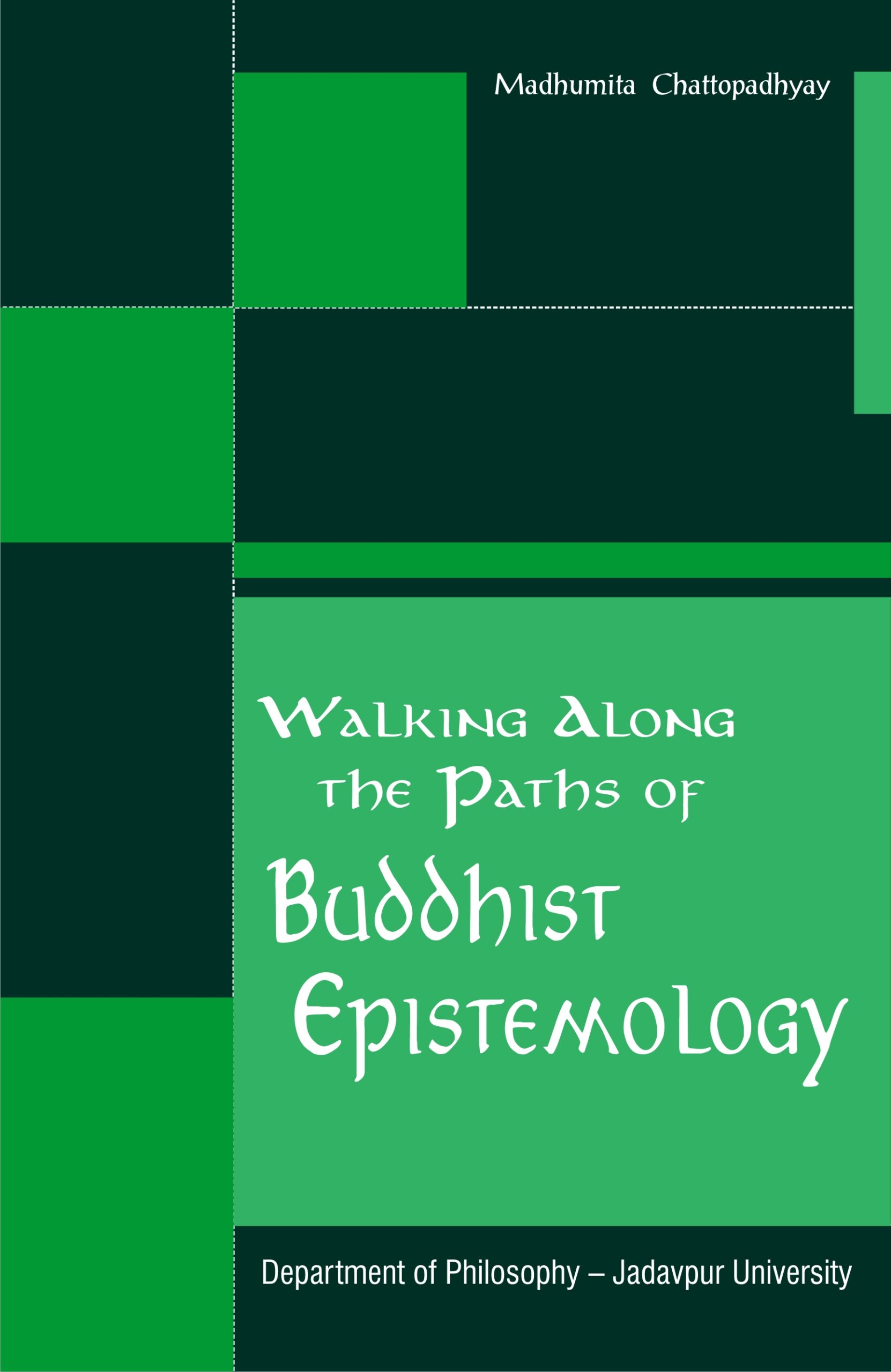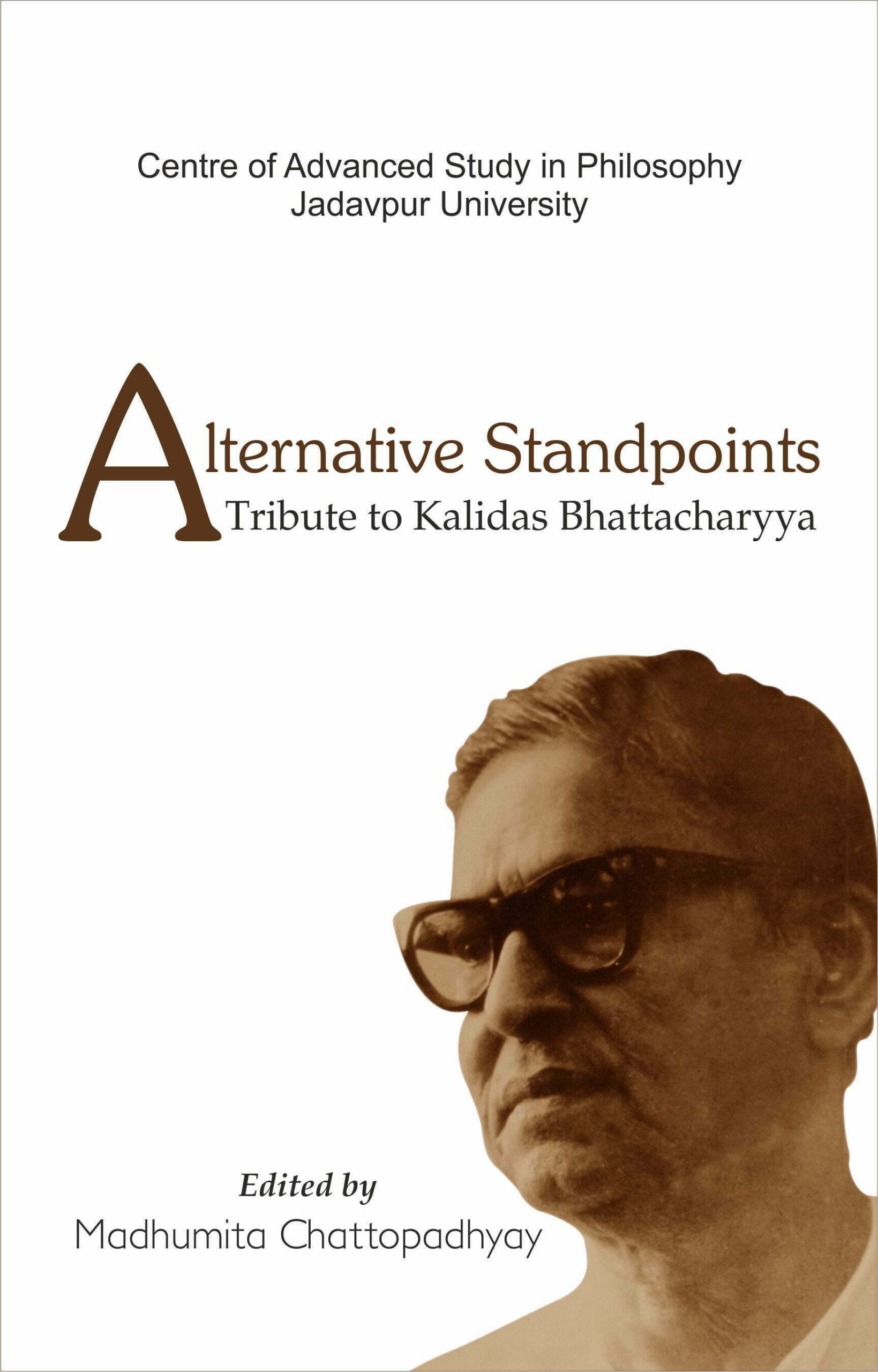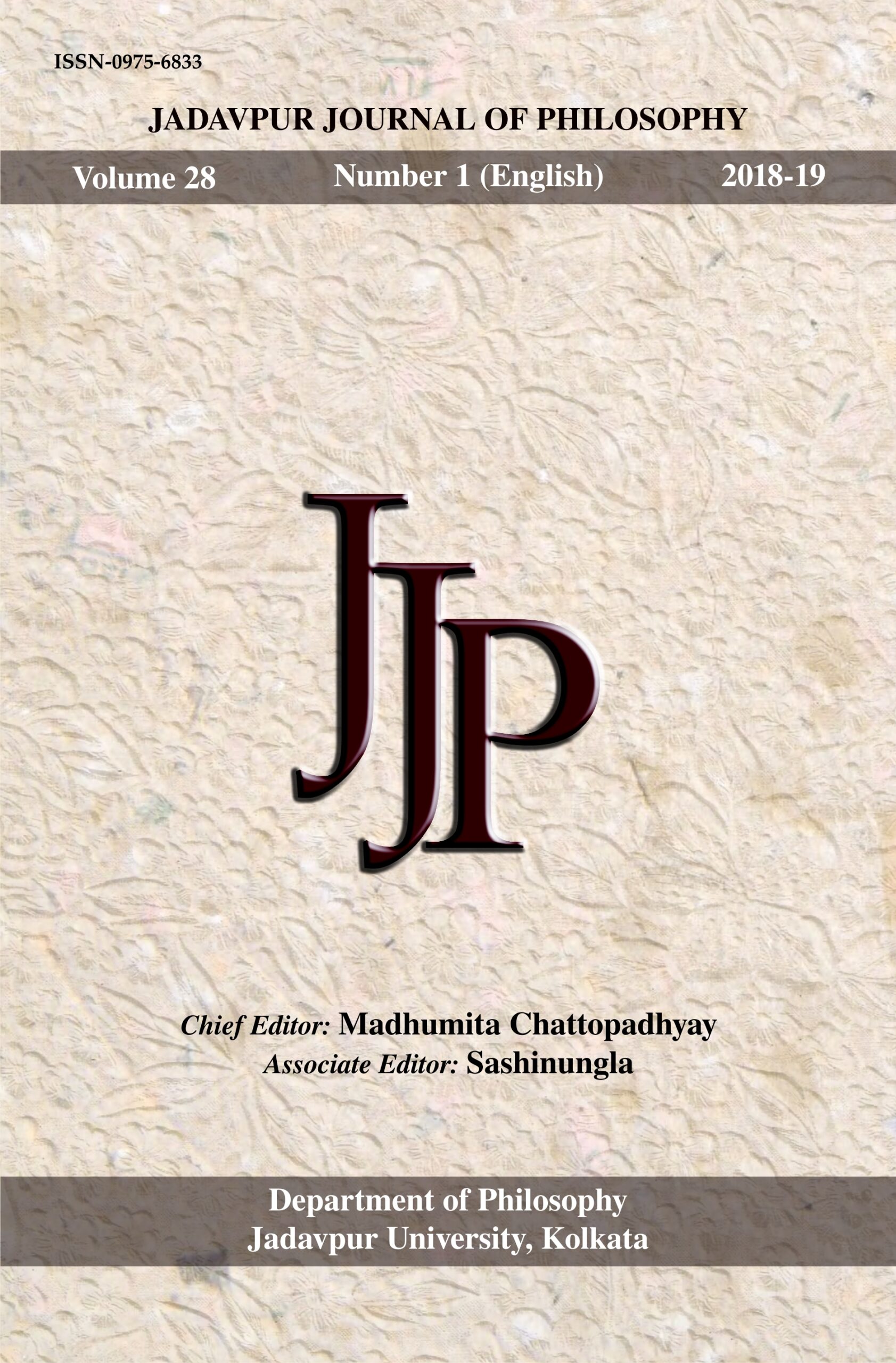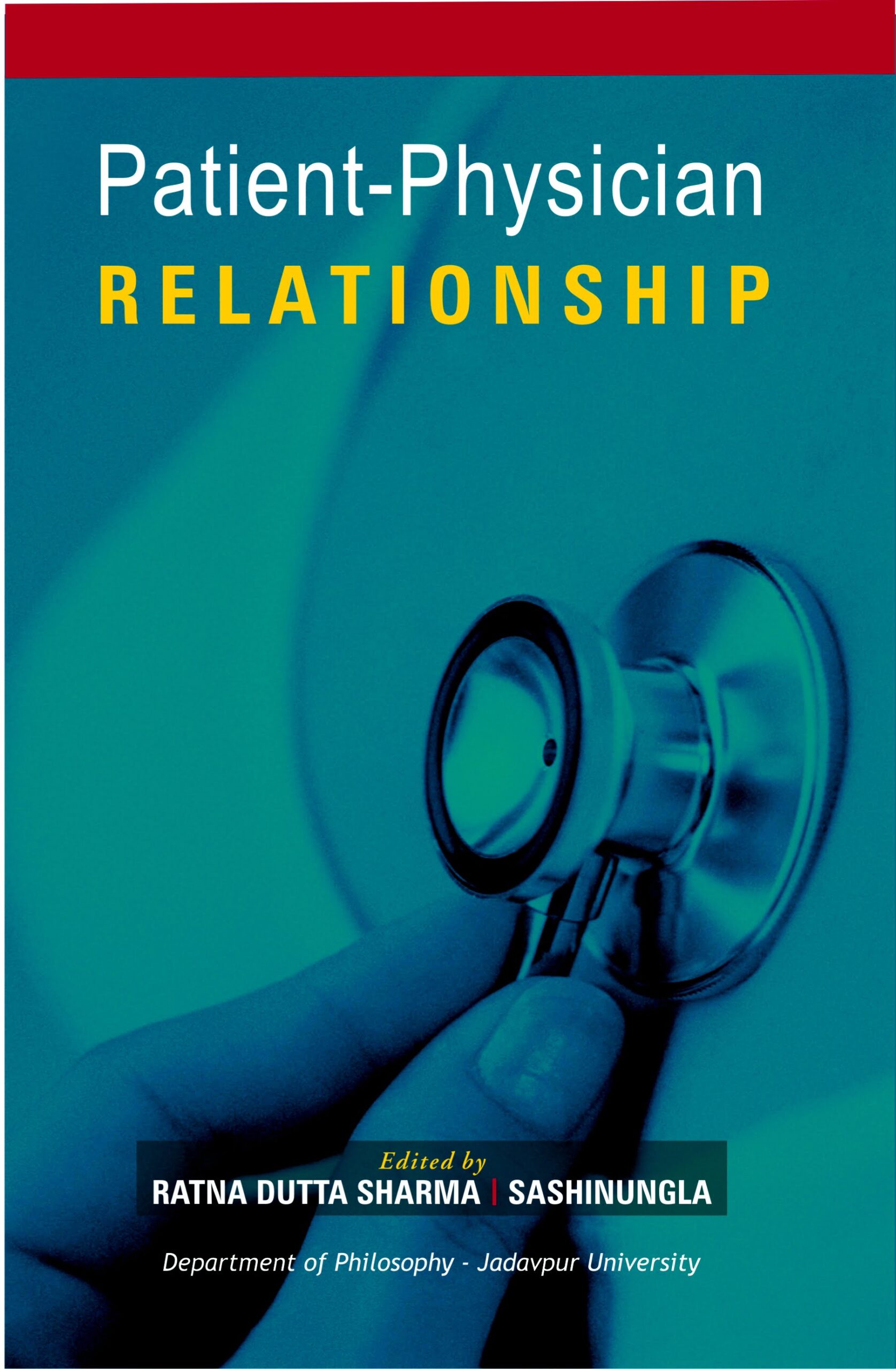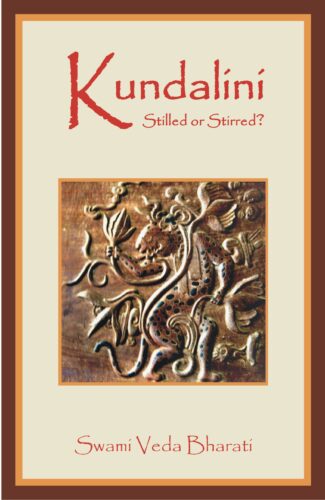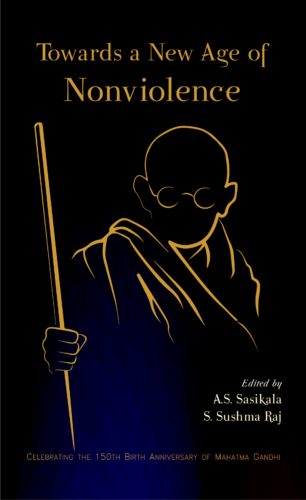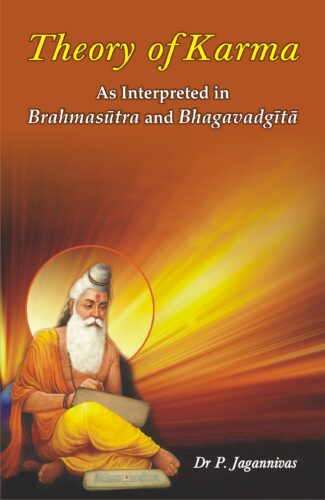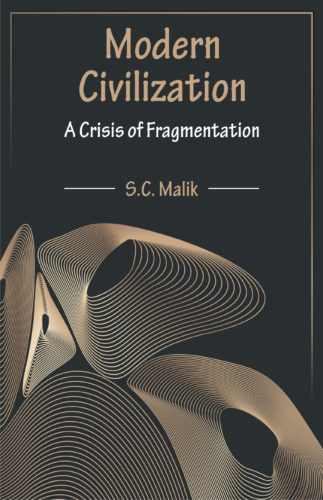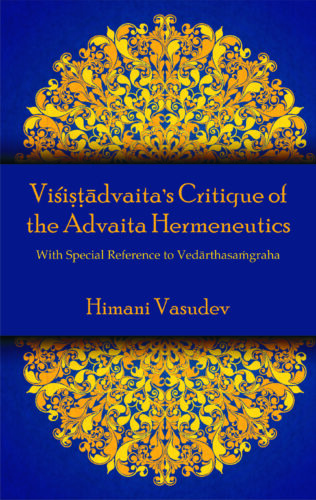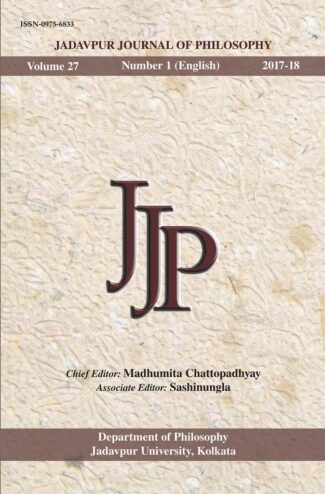

Jadavpur Journal No....
Jadavpur Journal No. 27
by: Madhumita Chattopadhyay , SashinunglaJadavpur Journal of Philosophy is a refereed, bi-issue journal, in English (No. 1) and Bengali (No. 2) published annually by the Department of Philosophy, Jadavpur University, Kolkata, India. The journal volume in Bengali is titled Darsan Biksa. The journal is devoted to the publication of original scholarly papers in any branch of philosophy. Its objective is to encourage contributions from scholars, dealing with specific philosophical problems connected with their respective fields of specialization.
₹300.00 Original price was: ₹300.00.₹270.00Current price is: ₹270.00.
ISBN: 9788100000786
Year Of Publication: 2018
Edition: 1st
Pages : 143p.
Language : English
Binding : Paperback
Publisher: Jadavpur University
Size: 23
Weight: 250
Jadavpur Journal of Philosophy is a refereed, bi-issue journal, in English (No. 1) and Bengali (No. 2) published annually by the Department of Philosophy, Jadavpur University, Kolkata, India. The journal volume in Bengali is titled Darsan Biksa. The journal is devoted to the publication of original scholarly papers in any branch of philosophy. Its objective is to encourage contributions from scholars, dealing with specific philosophical problems connected with their respective fields of specialization.
- Sale!Kundalini by: Swami Veda Bharati
₹600.00Original price was: ₹600.00.₹540.00Current price is: ₹540.00.“Tantra, an exposition of Sri-vidya, is a thread of Vedic tantu. This ray of the light of consciousness folds upon itself as a coil (kundala) forming the coiled energies of the conscious universe, thus becoming kundalini.
This book looks at Tantra from a different perspective against the common view of it being more associated with its carnal/sexual nature. Tantra is the “art of celibacy”. Human beings are a wave in the ocean of Consciousness and this wave passes through our psycho-physiological complex compound, forming the personal kundalini. All sensations in human body are manifestations of the presence of kuõóalinã. Our desires are the signals released by the kundalini. Different psycho-physical apparatuses are plugged into it like electric plugs in different socket.
This volume, while portraying kundalini from its psycho-physical and spiritual implications and impacts, tries to alleviate some misconceptions about the nature of cakras — the consciousness centres. It deals at length with the phenomena of higher levels of spiritual evolution — “raising the kundalini” and “opening the cakras” — helping one drop all mental habit patterns to achieve “liberation”.
This book is a “must read” for the practitioners of Yoga and all who want to take their spiritual life to a new realm. “ - Sale!Towards a New Age of Nonviolence by:
₹1,400.00Original price was: ₹1,400.00.₹1,260.00Current price is: ₹1,260.00.Towards a New Age of Nonviolence is a compilation of scholarly articles on Gandhi – his philosophy of nonviolence (ahimsa) and nonviolent action (satyagraha) – are the themes encompassing the volume. In a materialistic world of today, people hold guns and grudges, and for the slightest glitch, they pronounce wars that do not end. The fearful consequence of this would lead to human extinction very soon. In such a detrimental and precarious scenario, the only way out is to embrace the Gandhian way of living.
The book comprises 14 articles on Gandhi and his values, its relevance to industrial age, views on nonviolence, economics of gram swaraj, significance of peace and tolerance in an era of explosive technology and his spiritual and ethical doctrine in the context of current global conflicts. The book is sure, a must read for everyone who wants to see a better world. - Sale!Theory of Karma: As Interpreted in Brahmasutra and Bhagavadgita by: Jagannivas P
₹1,000.00Original price was: ₹1,000.00.₹900.00Current price is: ₹900.00.Creation is a process, where the potential insentient matter (prakr̥ti) gets manifested into the gross form, to embody during the sr̥ṣṭi, each of the sentient entities called the ātmas with the suitable body either of deva, manuṣya, jaṅgama or of sthāvara. This glorious activity is orchestrated by the one and only Omnipresent, Omnipotent and Omniscient Reality called Brahman. But one question remains still an enigma, as to why a particular sentient entity gets a specified body and through whose direction that decision arrives? The ancient Vedāntic knowledge reinforced by the Brahmasūtra and the Bhagavadgītā establishes that it is, purely and solidly, the result (karma-phala) of earlier actions (karmas) of each one of the sentient entities. This is a strong and formidable solution to the unanswered questions like why does, one child being blessed to be born in either rich or healthy and sāttvic family and another child being consigned to be born in a family living in poor conditions or unhealthy tāmasic environment.
This book would engage the readers to think on those lines by supplying enough material on karma-adhikāratva, jīva-kartr̥tva and Divine intervention. - Sale!Modern Civilization by:
₹800.00Original price was: ₹800.00.₹720.00Current price is: ₹720.00.The crisis of the age inheres in this, that notwithstanding the century’s mind-numbing disasters, it persists in subscribing to propositions which have logically led to the atomization of the whole cloth of human experiencing, and being. Great indeed is the value which is placed on the procedure of analytic dismemberment. While the method has certainly been result-producing, materially, in its wake it has brought immense suffering – both physical and spiritual. The price paid for a lopsided advance is thirty major wars – with their toll of one hundred and thirty million lives, and the irreparable destruction of the natural environment. The time demands a reappraisal of the basic paradigms of human existence, but the hegemony of well-entrenched vested interests – material or intellectual – would seem to preclude this.
The “advanced” people among the mankind of the day become suicidally specialized. For, if the mechanical model of thought has been of advantage in man’s preceding unfolding, the same, what may be called the “survival” paradigm, now creates dangerous dualities, binary oppositions (you–me, body–mind, East–West, etc). The model has outlived its usefulness merely enforcing dormancy on a major part of the human brain.
It behoves mankind to choose wisely right now – since parallel to the socio-economic, scientific and technological revolutions there has got to be the overdue radical psychic transformation. The first step towards clearing the fateful crisis would therefore be to be aware and end the hold of the linear, causal, mechanical thought orientation over the intellectual culture of the times.
Delving deep into the epistemological cum ontological causation of the emergency confronting the being and becoming of man, this volume provokes the thoughtful lay reader to a serious engagement with his or her self. - Sale!Visistadvaita’s Critique of the Advaita Hermenqutics by: Himani Vasudev
₹500.00Original price was: ₹500.00.₹450.00Current price is: ₹450.00.Vedānta is the very heart of Indian philosophy. The various schools of Vedānta have been explored under diverse categories including ontological and epistemological, but they are a storehouse of so much more. “Hermeneutics” in simple words can be the theory of interpretation and this book has studied the critique of the Advaita hermeneutics by Rāmānujācārya based on Vedic statements like tat tvam asi, tadaikāta bahu syāma, neha nānāsti kiñcana and many others in his book Vedārthasaṁgraha which mirrors a complete vision of the Upaniṣads. Rāmānujācārya has shown how the Śruti statements can be seen in a coherent manner resolving the conflicts of bheda and abheda. The nature of a word and its various śaktis, followed by how successful are words in describing the concepts of sat, cit and ānanda, are also discussed here.
This book is an initial effort in the hermeneutic studies of Indian texts, which have been kept limited to the scope of philosophy, theology or religion alone. Many more linguistic treasures can be found here.


